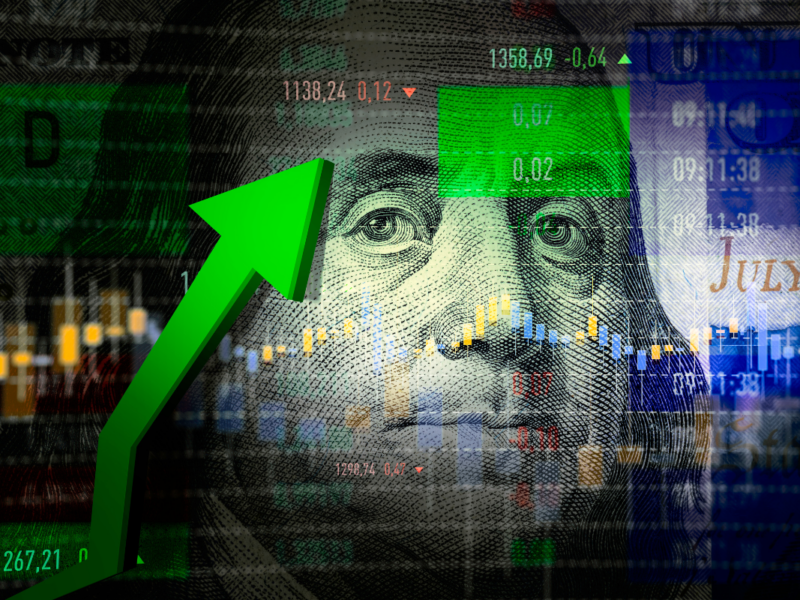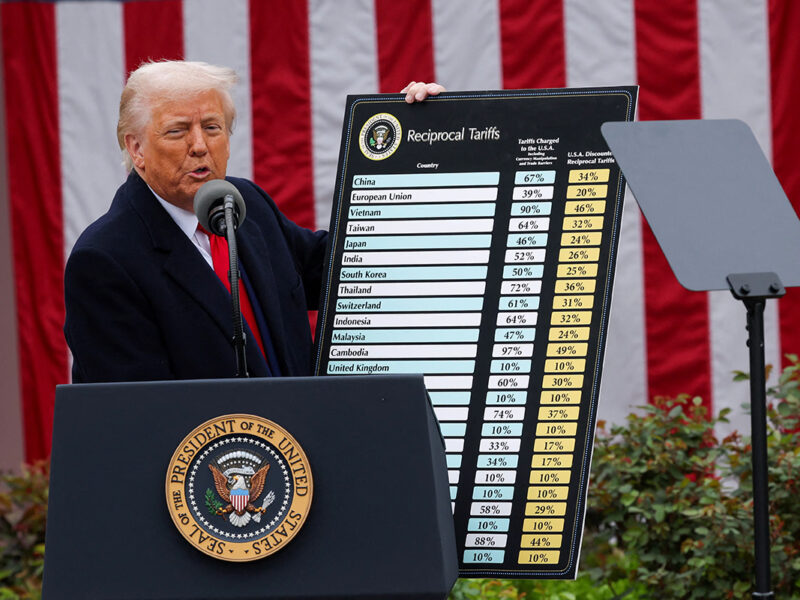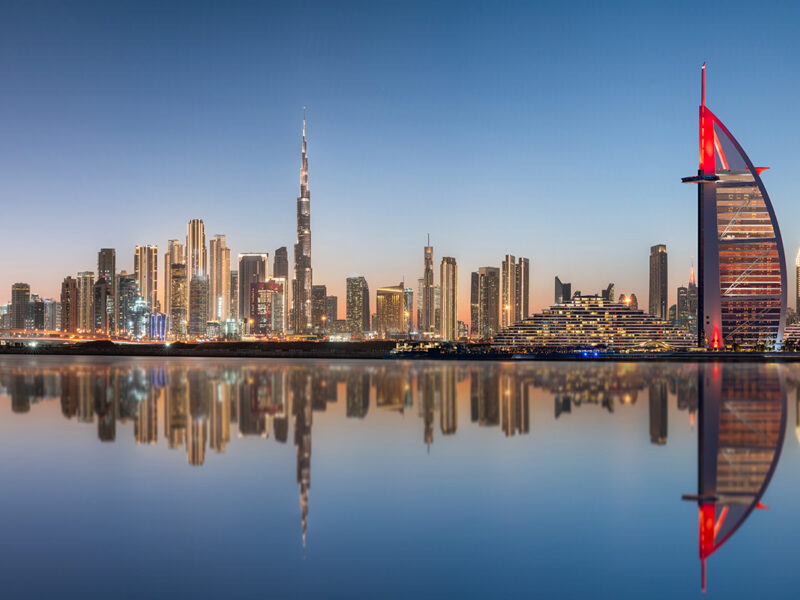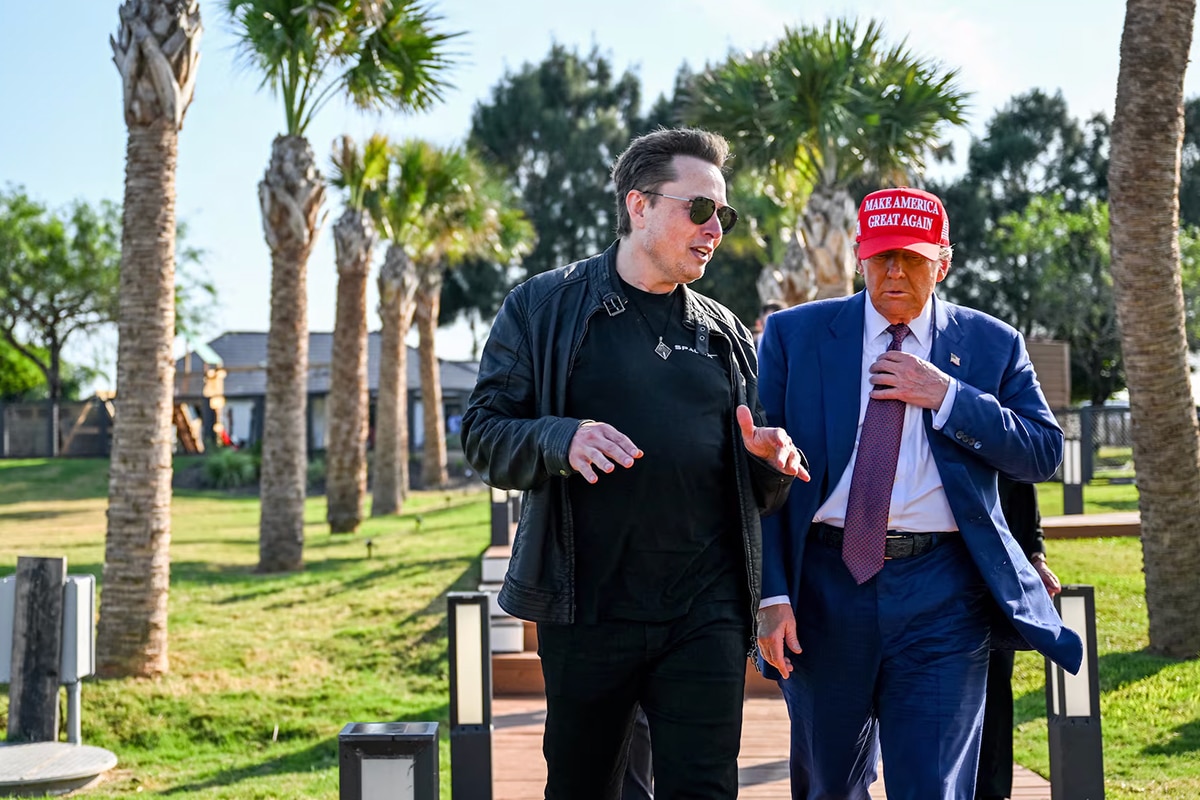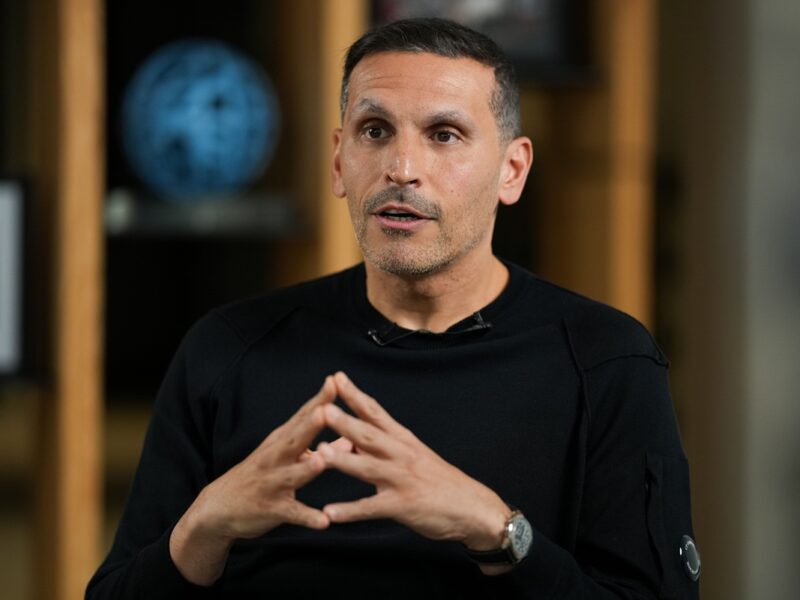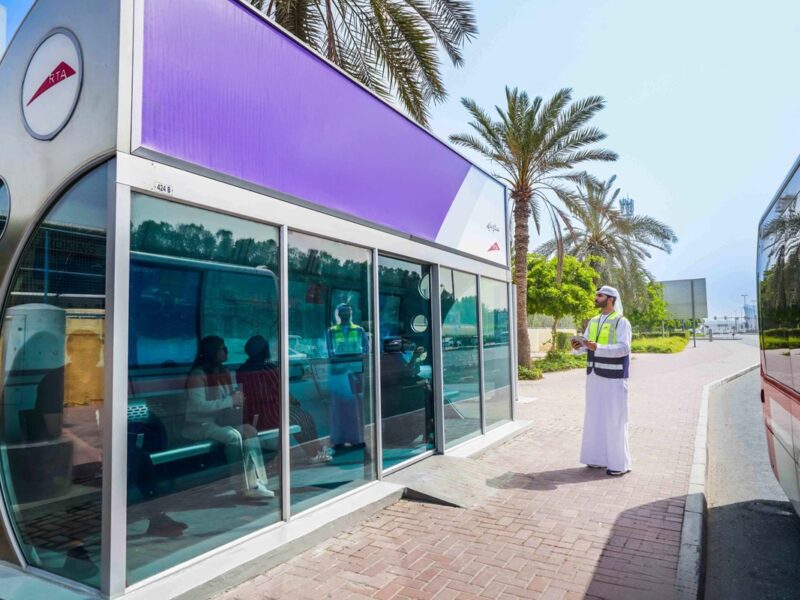When Elon Musk was named co-chair of the Department of Government Efficiency in Trump’s incoming administration, it appeared sudden. But a closer look shows how Tesla’s unique position in China and Musk’s relationships with Beijing’s most powerful figures may have made him an invaluable asset to Trump’s plans for US-China relations.
The appointment, announced shortly after Trump’s election victory in November, comes after years of Musk building successful business operations in China, including a significant April 2024 visit to Beijing, where he met with Chinese Premier Li Qiang to discuss Tesla’s autonomous driving technology and data transfer permissions.
During that visit, Chinese state media reported that Li Qiang told Musk that Tesla’s development in China could be regarded as a successful example of US-China economic and trade cooperation. “Honored to meet with Premier Li Qiang. We have known each other now for many years, since early Shanghai days,” Musk posted on social media platform X, alongside a picture with the premier.
“When it comes to China specifically, I think some of [Trump’s] appointments are interesting,” said Nicolas Michelon, CEO of Asia Intelligence Advisory and Partner at Alagan.Tech.
“The fact that he is being advised by Elon Musk tells me that he may not be that hawkish when it comes to China. We all know that Elon is heavily indebted to China for the production of Tesla cars, for access to some technologies.”
Shanghai connections
At the centre of this web of relationships stands Li Qiang, China’s current Premier, who as Shanghai’s Communist Party Secretary in 2017 granted Tesla unprecedented privileges that no other foreign automaker had secured: full ownership of its Chinese operations.
“Tesla was probably the Western car manufacturer that benefitted the most from China’s changes in regulations for the automotive industry in 2017, allowing foreign firms to actually own their factories in China,” Michelon told Arabian Business.
“This opening policy, as the Trump 1.0 administration was launching a trade war with China, was supervised by Li Qiang, then-Shanghai Communist Party of China (CPC) Party Secretary and now China’s Prime Minister. Li is seen as pro-business and has in the past favoured economic reforms.”
Calculated dependencies
The strategy’s brilliance lies in its mutual dependencies. Tesla’s operations in China created a web of shared interests: the company relies on Chinese battery technology and critical raw material supply chains, while China benefits from Tesla’s brand power and technological expertise.

The company’s car sales in China have hit record volumes since entering the market a decade ago, with its Shanghai factory now serving as its largest globally. Tesla said last week its China sales rose 8.8 per cent to a record high of more than 657,000 cars in 2024. Its sales in the country, which is home to the world’s largest auto market and a very competitive one, saw sales surge 12.8 per cent month-on-month in December to a record high of 83,000 units.
“More than a China-hawk, Trump should be seen as a trade-hawk,” Michelon observed. “Willing to trade blows with anyone who he deems tries to impose an unfair deal on the US, but also willing to trade goods and technology whenever it serves US interests. A simple-to-understand, predictable game plan.”
Shifting paradigm
The implications of this carefully constructed alignment are already becoming apparent. Trump’s unprecedented invitation to President Xi Jinping to attend his inauguration – though declined – “sends a powerful message” that aligns with Musk’s unique position, Michelon said. He added that the incoming administration may view China as a “peer competitor” rather than an existential threat.
“[This is] something Beijing can surely live with and has actually welcomed. Relying on a private sector trailblazer like Elon Musk who is so deeply involved in China reinforces this message that the two hegemonic powers are not condemned to play a trade and technological zero-sum game,” said Michelon.
In a recent interview with Arabian Business, Trump’s former trade advisor Barry Bennett said that China’s pivot from trade partner to competitor represented a “massive miscalculation.” Beijing was previously a close trade partner to the US until it “decided” to become a competitor, he explained.

“We didn’t choose to change our relationship with China, they chose to change the relationship with us,” Bennett added. “They became wealthy and they started a new mission, to be a competitor around the world. Which is fine, there’s free will, they can do what they like but there are consequences.”
This tension between competition and cooperation was evident during Musk’s April visit to China. While expressing optimism about the future of electric vehicles in the country – “It is good to see electric vehicles making progress in China. All cars will be electric in the future,” he said in a video posted by state media – Musk was also navigating complex business pressures, having just cancelled a planned visit to India at the time citing “very heavy Tesla obligations.”
Adrian Shaktu, CEO of UNIFI Communications, previously told Arabian Business that “under a Trump administration bolstered by a ‘China hawk’ team, China is expected to be treated as both a competitor and a strategic adversary to the United States. This adversarial stance reflects a broader alignment of U.S. policy toward viewing China not merely as an economic rival but as a central challenge to American global leadership.”
“Elon Musk’s personal connections with China’s leadership could also play a decisive role in normalizing the bilateral relations between the two hegemonic powers,” Michelon noted. This unique position could prove crucial as the new administration shapes its approach to Beijing.
Whether this model of business-driven diplomacy proves sustainable remains to be seen. But as Trump prepares to take office on January 20, one thing is clear: Musk’s path to the inner circle may have been paved through Shanghai.


